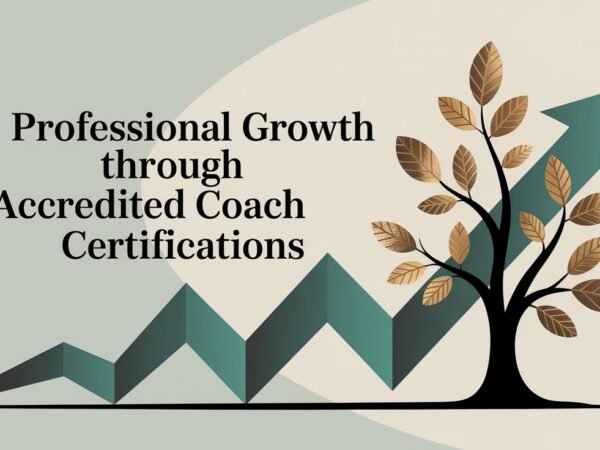Embarking on an engineering degree is an exciting yet challenging journey. As you prepare to dive into problem-solving, innovation, and technical expertise, you must have the proper knowledge and mindset.
Whether considering a traditional on-campus program or a remote degree, these eight tips will help you navigate your academic path and set yourself up for success in the competitive engineering field.
Strengthen Your Math and Science Foundation
Engineering is deeply rooted in mathematics and science. Before you begin your degree, ensure you have a solid grasp of calculus, physics, and chemistry.
Many universities offer preparatory courses or summer programs to help incoming students improve these fundamental skills. Take advantage of these opportunities to start your engineering education on the right foot.
Develop Strong Time Management Skills
Engineering programs are known for their rigorous coursework and demanding schedules. Effective time management is crucial for balancing your studies, projects, and personal life. Invest in a planner or digital tools to organize your tasks and deadlines.
Practice prioritizing assignments and allocating sufficient time for complex problems and group projects.
Embrace Collaborative Learning
Engineering is rarely a solo endeavor. Engineers often work in teams to tackle complex challenges in the professional world. Your undergraduate degree program will likely include numerous group projects and collaborative assignments. Embrace these opportunities to develop your teamwork and communication skills.
Learning to work effectively with others will not only enhance your academic experience but also prepare you for your future career.
Gain Practical Experience in Early
While theoretical knowledge is essential, hands-on experience is invaluable in engineering. Seek internships, co-op programs, or part-time jobs in your field of interest as early as possible. These experiences will help you apply classroom concepts to real-world situations, build your professional network, and make you more attractive to potential employers upon graduation.
Stay Current with Technology and Industry Trends
The engineering field constantly evolves, with new technologies and methodologies emerging regularly. Make it a habit to stay informed about the latest developments in your chosen specialization. Subscribe to industry publications, attend conferences or webinars, and follow thought leaders on social media.
This proactive approach will keep you ahead of the curve and demonstrate your passion for the field to future employers.
Cultivate Problem-Solving and Critical Thinking Skills
At its core, engineering is about solving complex problems. Throughout your degree, you’ll encounter challenging assignments and projects designed to hone your analytical and critical thinking abilities. Embrace these challenges as opportunities to develop your problem-solving skills.
Practice breaking down complex issues into manageable components and approaching problems from multiple angles.
Consider Specialization Options
As you progress through your engineering degree, you’ll likely have the opportunity to specialize in a particular area. Research different specializations within your chosen engineering field and consider which aligns best with your interests and career goals.
Some programs even offer the flexibility of a remote engineering degree, allowing you to specialize while balancing other commitments.
Build a Professional Network
Networking is a powerful tool in any profession, and engineering is no exception. Take advantage of opportunities to connect with professors, industry professionals, and fellow students. Join engineering societies or clubs related to your field of interest.
Attend career fairs and industry events, even if they’re virtual. Building a solid professional network can lead to mentorship opportunities, internships, and job offers after graduation.
Conclusion
Pursuing an engineering degree is a challenging but rewarding endeavor that can open doors to many exciting career opportunities. By implementing these eight tips, you’ll be better prepared to tackle the rigors of your program and set yourself up for success in the competitive engineering world.
Remember that your journey doesn’t end with graduation – engineering is a lifelong learning and continuous improvement field.
Do Read: Top 5 Geometry Spot Games: Mastering Shapes Made Fun!













